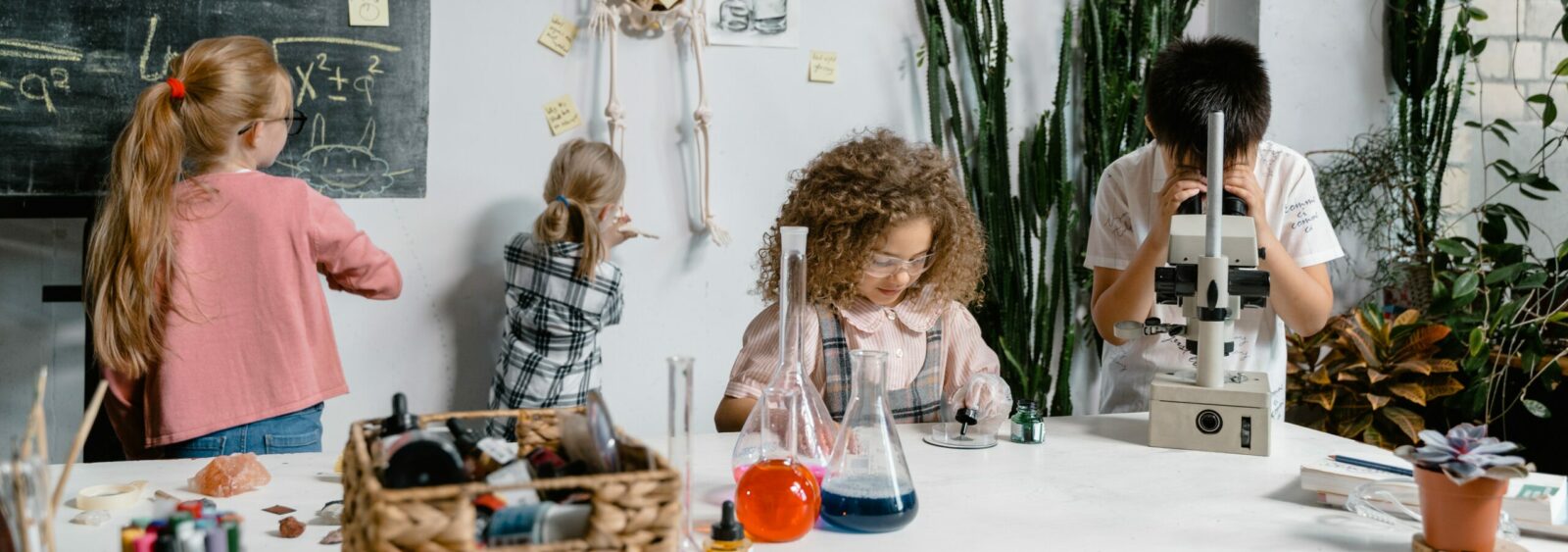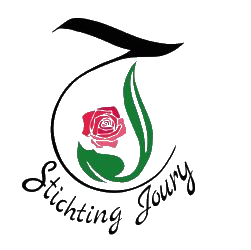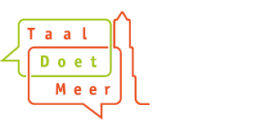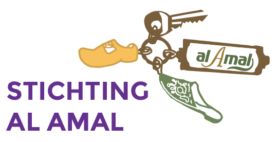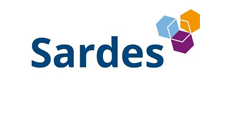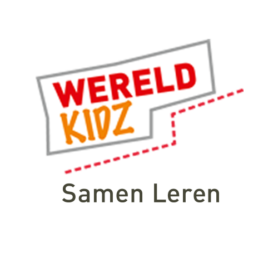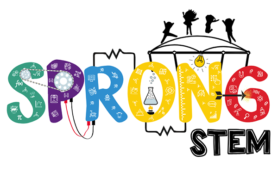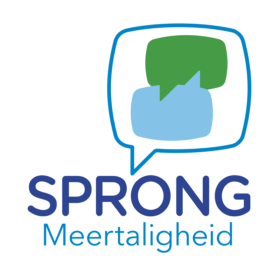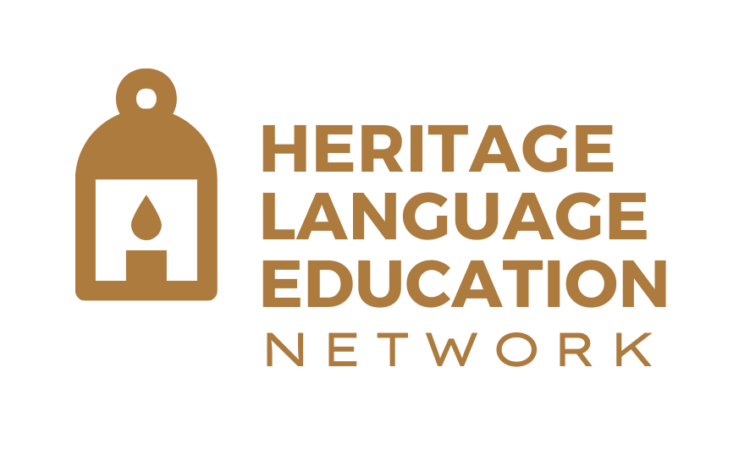Maintaining home languages in the Netherlands – what do children think?
Many children in the Netherlands use at least one other language alongside Dutch in their daily lives. Some of these languages are part of the school curriculum, such as English. But many other languages are present in the homes of children with a migration background. These are the languages in which families sing, tell stories, and bake cakes together. Often, caregivers make efforts for children to maintain their home (or heritage) languages – and adults have a lot of reasons for doing that! But what do children think about it?
This year, we embarked on a project* to find out just that. With the help of two language programs affiliated with the Heritage Language Education Network, we talked to children about their motivations, challenges and opportunities when maintaining their home languages. All children who were interviewed were born in the Netherlands and had at least one parent or grandparent who had migrated to the Netherlands from another country.
Motivations
One key motivation for children to maintain their home languages was to be able to communicate and play with their extended families – grandparents, aunts, and cousins – who live in other countries and who do not speak Dutch.

Challenges
One challenge expressed by some children is that they perceived their home languages to be more difficult than Dutch. Also, some of them said they that they sometimes forgot words in their home languages or did not know their meaning.
Opportunities
The biggest opportunity children saw was attending heritage language programs. Children perceived these programs as useful for learning languages and cultural traditions. Additionally some children thought that going to these classes also allowed them to make friends with other peers who shared their languages. This meant that they could learn the language from each other both during the lessons, and also playing together during breaks or on other occasions.
Heritage language programs in the Netherlands are often grassroots initiatives led by caregivers. It is estimated that thousands of children attend such programs across the country.
*A BA thesis carried out by Isabel Delany and Juliette Martens, supervised by Mirona Moraru.
Mirona Moraru | Postdoctoral researcher, subproject ‘Boundary Crossing’.
Currently, this blog is only available in English and Dutch. To read it in another language we recommend using the translation tool DeepL.com.
